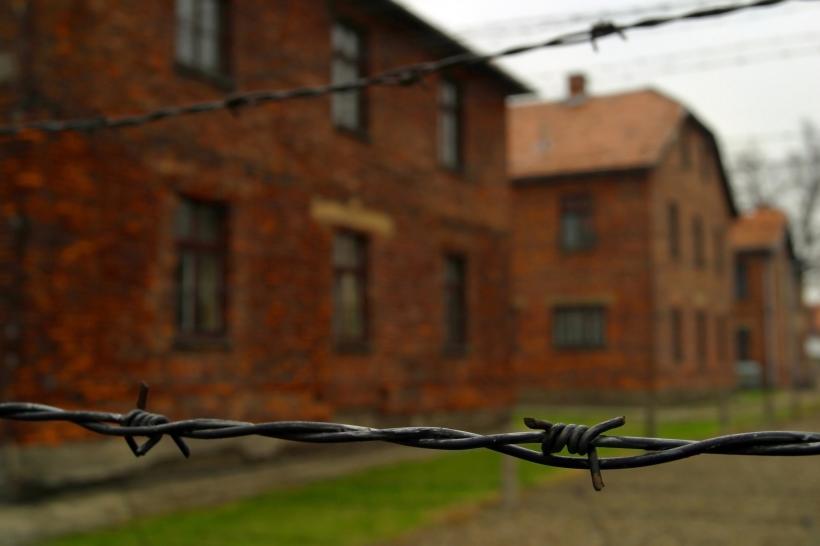
Besides unleashing a frenzied firestorm of debate, the Taliban release and ongoing recovery of U.S. Army Sgt. Bowe Bergdahl also reminds us of issues more broadly related to prisoners of war (POWs). This class of soldier is a reality in many—if not most—world conflicts, and preoccupies much public fascination/horror. But what, exactly, do we know about the psychological effect of wartime capture?
While there’s still plenty that’s unclear on this niche topic, there has been a lot of research into the psychological toll of war imprisonment—the varying conditions of captivity can make a profound difference in the inevitable fallout. Let's take a peek into the human mind shall we?
Variability of Conditions
It would be easier to have a catch-all answer, but the fact is that the nature of imprisonment can vary greatly in degrees of cruel and unusual. For example, German POWs unlucky enough to be captured by Soviets were treated significantly more harshly, and often held much longer than those taken by the U.S. Hey, what good is a centuries-old history of draconian gulags if you aren’t going to really take it to your conscripted Nazi enemies, right? But I digress.
As you might guess, enduring post-traumatic stress and emotional withdraw are among the most common symptoms experienced by returned POWs. These issues can alienate family and friends, and create vicious cycles of persistent loneliness. And—as you know if you’ve read the news at all over the past decade—researchers and the military have yet to find especially effective treatment for soldiers with PTSD.
Beyond this, a person’s particular psychological outcome is often tied to specific conditions:
Torture. Getting chronically beaten can produce more acute symptoms—for the obvious statement of the day.
Solitary vs. group confinement. (Solitary is way worse).
Age and Rank. POWs who were younger when they were captured seem to have more severe outcomes, as do soldiers more junior in rank.
Health. Illness and malnutrition play a big role in long-term psychological effects.
Mental makeup. Some research indicates that an optimistic outlook helped protect against psychological damage. (And really, what’s not to be happy about when rotting away in prison behind enemy lines?)
Conditions of return. Freed prisoners returning to a functioning country do better than those going back to one wrecked by war. Likewise, being welcomed back pans out better than receiving hostility from the home team (as was the case for some American soldiers after Vietnam, and German soldiers after World War II).
The Silver Lining of Soldierdom?
This is some heavy stuff, but we’ll end on a happier note. Research also suggest that the effects of being a POW are not uniformly negative. One study indicates that some World War II and Korea POWs felt more resilient after their experiences, and actually derived self-esteem from successfully enduring the ordeal.
I bet they were the insufferably optimistic types.
Image: ThinkStock






